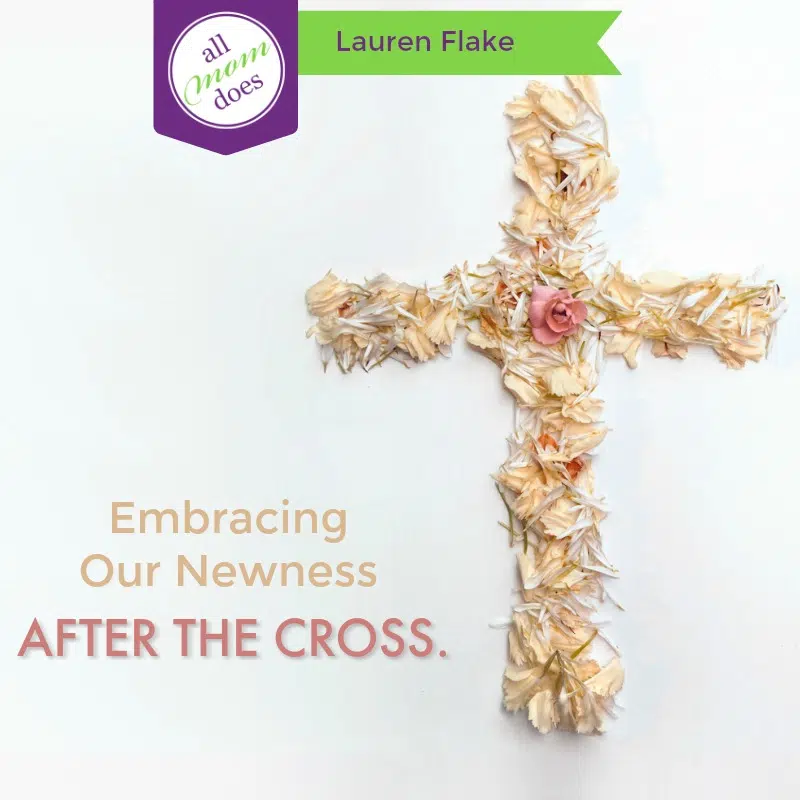I was born on Easter Sunday and baptized on Mother’s Day 13 years later.
A Disney-obsessed, romantic perfectionist, I thought that when the water of that baptismal washed me clean, a magical transformation would take place in my mind, body and soul.
(Picture the Holy Spirit playing the role of Fairy Godmother in this not-so-classic tale.)
To mark the upcoming occasion, my mother gave me a delicate gold ring with a cross charm that she had found, unclaimed, on her church floor in college. It was a little big on my skinny fingers, but I was just sure that once I was baptized, that ring would fit like a glove.
Much to my surprise, the ring did not fit any better after my baptism than it had the day before. I was crushed.
My mother, who had carefully coached me through my decision to be baptized, was a bit unnerved by my disappointment. I wanted baptism to make me perfect, to make all of my adolescent struggles melt away. But when I emerged from that water, all of the ugliness in my life remained.
I fell into a deep depression in the year that followed.
My parents couldn’t seem to understand my unquenchable longing for perfection in heaven and current misery on this imperfect Earth. I, on the other hand, failed to understand what we, as believers, are called to do in the Great Commission.
I thought that accepting Christ was the end of my spiritual journey, but, in truth, it was only the beginning. My “newness” was completely lost on me. I wasn’t making disciples, and my vices multiplied as I hid from my own inadequacy.
I wrestled with my faith and mental health over the next decade, finally reaching a basic understanding of His grace, love and mercy in the midst of my mother’s decline into the advanced stages of early onset Alzheimer’s disease. In those dark hours, my pursuit of perfection stopped taking precedence, and His presence became my only sustenance.
I know now that baptism doesn’t take away our earthly imperfection; it simply takes away our eternal punishment for that imperfection.
The “newness” I had been craving was the very freedom I rejected each time I loathed myself for falling short. I remained enslaved to my sin, because I was still enslaved to shame and regret.
Embracing Christ’s Resurrection means that our worth and identity is no longer found in our imperfect lives but in His perfect love. He carried the weight of our imperfection to the Cross and emerged from the tomb as blameless as He started.
Baptism is indeed a magical transformation. (But the Holy Spirit’s role is more like that of Jiminy Cricket than that of Fairy Godmother.) When we accept our need for His salvation, we rise from the tomb with Him as eternal treasures instead of earthly trash. His grace covers every shortcoming.
It is in this freedom that we can truly “walk in newness of life” with our Redeemer, trusting the Holy Spirit within us as our constant companion and guide.
“We were buried therefore with him by baptism into death, in order that, just as Christ was raised from the dead by the glory of the Father, we too might walk in newness of life.
For if we have been united with him in a death like his, we shall certainly be united with him in a resurrection like his. We know that our old self was crucified with him in order that the body of sin might be brought to nothing, so that we would no longer be enslaved to sin. For one who has died has been set free from sin.” (Romans 6:4-7 ESV)

















